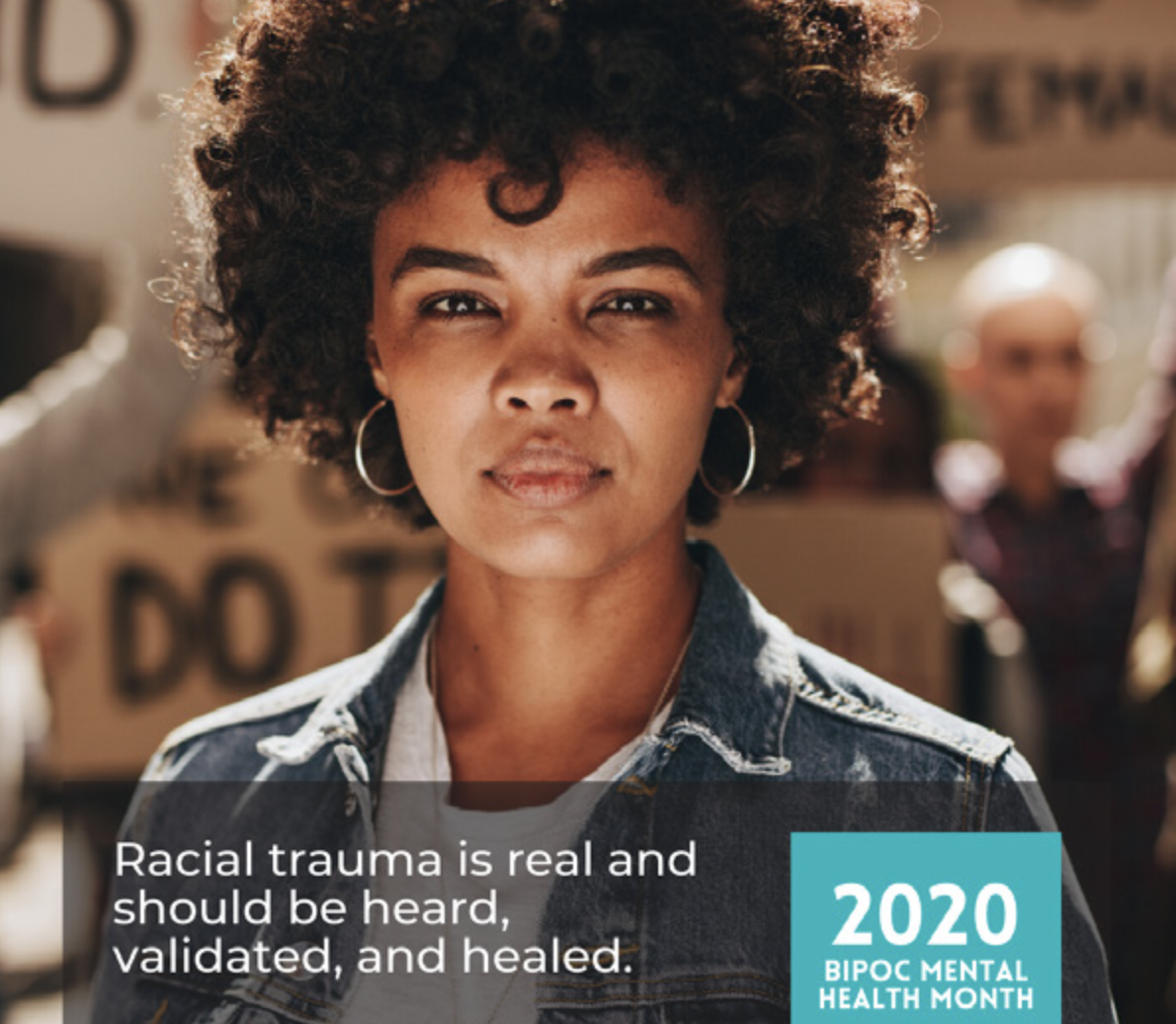In our evolving world, the pressures of work, relationships, and societal factors like politics and climate change can impact our mental health more than we realize. It’s essential to address these challenges head-on.
Starting your mental health journey can be daunting, but Mental Health America (MHA) is here to help with the “Where to Start: Mental Health in a Changing World” Toolkit. Initially released for Mental Health Awareness Month in 2024, this resource is packed with timeless, practical tools and helpful insights to guide you every step of the way.
Fact Sheets: Essential Information for Mental Health
The fact sheets in the toolkit cover a wide range of topics to help you understand and improve your mental health:
-
- 4 Things Likely Affecting Your Mental Health, and 4 Things You Can Do About It: This fact sheet identifies common stressors such as financial pressures, social media use, and environmental changes. It offers actionable advice on how to manage these stressors through mindfulness practices, setting boundaries, and seeking professional help.
- Negative News Coverage and Mental Health: Explores the impact of constant exposure to distressing news. It provides strategies for managing this stress, such as limiting news consumption, practicing mindfulness, and engaging in positive activities to counterbalance the negativity.
- Things You Can Say When You’re Not “Fine”: Offers alternative ways to express your feelings and communicate your mental state effectively. This helps in seeking the support you need without resorting to the default “I’m fine” response.
- What to Say When Someone Tells You They’re Fine, But They’re Not: Offers compassionate and supportive responses to help someone open up when they might be struggling but say they are fine.
- Building Your Coping Toolbox: Highlights various coping strategies to deal with stress and anxiety. This includes techniques such as deep breathing exercises, physical activities, and creative outlets like journaling and art.
- Helpful vs. Harmful: Ways to Manage Emotions: Differentiates between productive and counterproductive ways to handle emotions. It encourages the use of healthy coping mechanisms and warns against harmful behaviors like substance abuse and social withdrawal.
Coping Tools: Practical Resources for Daily Life
The toolkit provides an array of coping tools designed to help individuals manage stress and improve their mental health:
-
- Worksheets: These include activities for processing trauma, managing frustration and anger, and building social confidence. Examples include the “Dealing with Tough Situations” worksheet, which guides users through problem-solving steps, and the “Managing Frustration and Anger” worksheet, which provides techniques for calming down and reflecting on triggers.
- Decision Map: Visual guides that help individuals decide the next steps in their mental health journey. The map outlines options for seeking help, from talking to friends and family to finding professional support.
- Coloring Pages: Simple, creative activities that provide a relaxing and meditative break from stress. Coloring can help focus the mind and reduce anxiety.
- Word Banks and Letters: Tools like the “What’s Underneath?” Word banks help individuals articulate their feelings, while the “Time to Talk” letter template provides a structured way to communicate mental health needs to others.
24/7 Resources
Around the clock, 24/7 resources to support your mental health.
-
- MHA Screening: A quick, confidential, and scientifically validated online screening to help you understand if you are experiencing mental health symptoms.
- Warmlines: Warmlines are staffed by trained peers who have been through their own mental health struggles and know what it’s like to need someone to talk to. Click the link for more information on warmlines.
- 911 Emergency Line: Dial 911 for any situation involving immediate danger, such as a fire, medical emergency, or crime in progress. It’s crucial for life-threatening situations that require urgent intervention.
- 988 Suicide & Crisis Lifeline: Available 24/7, dial 988 for free, confidential support during mental health crises, emotional distress, or substance use emergencies. Accessible via phone or text, with Spanish-speaking counselors available.
- 211 Community Helpline: Dial 211 to connect with local services for non-emergency assistance, such as food, housing, employment, and mental health resources. This line helps connect you to vital community support.
Visit MHA’s website to download the toolkit and begin your journey towards better mental health today.



